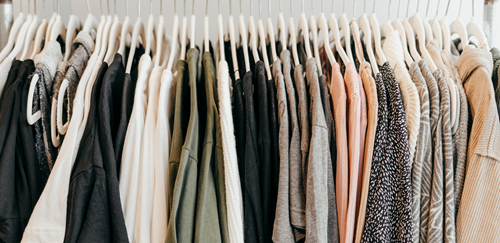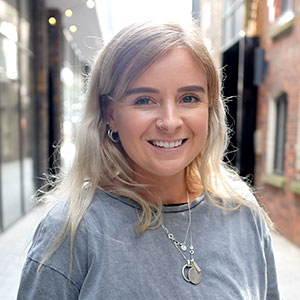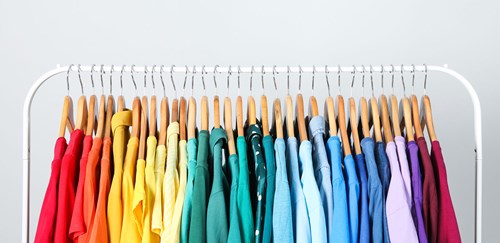The action plan was first launched in 2012, and set ambitious targets to reduce the impact of the UK’s increasing waste textile problem.
The action plan sought to unite “fashion brands, retailers, charity retailers, textile recycling companies, academia, governments and other stakeholders to reduce the impact of clothing in the UK”. Over 90 signatories were involved with SCAP 2020, including big retailers such as ASOS, Next and Primark.
The final report states that SCAP 2020 fell short of its target to reduce textile waste by 15%, with the final figure revealing just a 4% decrease on a household basis, but other targets were met or exceeded.
For example, a carbon footprint target of -15% was exceeded by 6.6% and a water footprint reduction target of -15% was exceeded by 3.2%. The report also describes other successes in the last 8 years, for instance how there has been a significant increase in the use of sustainable fibres.
Foundations for Textiles 2030
Director of collaboration and change at WRAP, Dr David Moon, has said "The learnings and success of the Sustainable Clothing Action Plan have provided the foundations for Textiles 2030."
"SCAP was the first voluntary agreement of its kind to measure and act within the UK textiles sector and the knowledge we have gained from this agreement has underpinned what needs to happen to make Textiles 2030 even more impactful."
Following on from SCAP 2020, Textiles 2030 is a voluntary agreement funded by its signatories and government, launched by WRAP in April 2021. So far it has 92 signatories including John Lewis and Boohoo.
Notably, the campaign does not include a waste reduction target like SCAP 2020, but concentrates on a joint approach toward “carbon, water and circular textile targets” as it aims to deliver the first ever ready made plan to achieve global circular economy targets on clothing.






